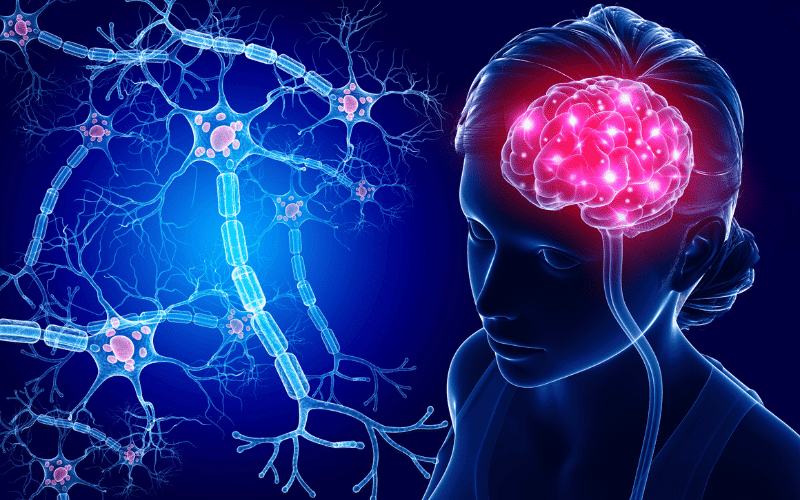Symptom 3. Nerve Dysfunction: How Low Magnesium Levels Affect Your Nervous System

Nerve dysfunction is another symptom commonly associated with magnesium deficiency. The nervous system relies on magnesium for proper function, and when levels are low, it can lead to a variety of issues, such as tingling, numbness, and muscle tremors.
Magnesium is essential for maintaining the health of nerve cells, as it helps to stabilize cell membranes and regulate the flow of ions across these membranes. When magnesium levels are insufficient, it can result in nerve hyperexcitability, which manifests as tingling, numbness, and muscle tremors. Additionally, low magnesium levels can impair neurotransmitter production and release, further contributing to nerve dysfunction.
To support a healthy nervous system and minimize the risk of nerve dysfunction, it’s crucial to consume an adequate amount of magnesium through diet and supplementation, if necessary. Foods rich in magnesium include leafy greens, nuts, seeds, and whole grains. If you suspect that you may have a magnesium deficiency, it’s essential to consult with a healthcare professional to determine the best course of action. (3)